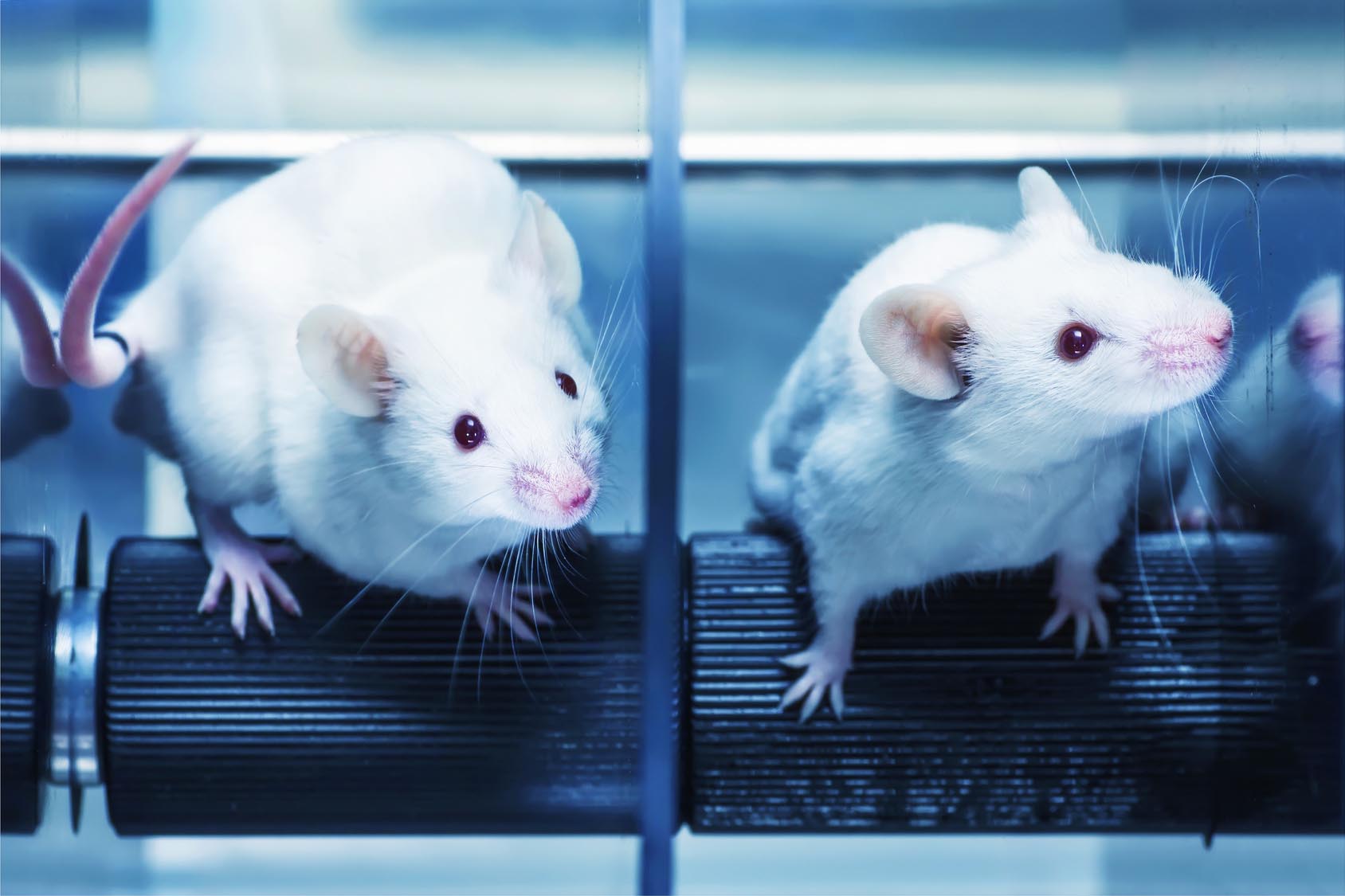• Obese mice
• A little help from bacteria
What is already known on this topic
Nearly 2 billion people worldwide are obese and at risk of developing metabolic disorders such as type 2 diabetes. Several studies have focused on the role of the immune system in metabolic disease and suggested that the gut microbiota, which is thought to regulate metabolism, is altered in obese people.What this research adds
Researchers have identified a specific class of gut bacteria that prevents mice from becoming obese, suggesting these same microbes may control weight in people in similar ways. The bacteria, which belong to the genus Clostridia, were abundant in the gut of healthy mice, but they became scarce as immune-compromised mice aged. Even when fed a healthy diet, these animals became obese, but they remained lean if they were treated with Clostridia.Conclusions
The findings show that the obesity observed in immune-compromised mice resulted from the failure of the body’s immune system to recognize bacteria. Understanding how gut bacteria, obesity, and the immune system are connected could help prevent and treat obesity and metabolic disorders.
Researchers have identified a specific class of gut bacteria that prevents mice from becoming obese. The study, published in Science, shows how specialized immune cells can control gut microbes that either promote or reduce fat absorption, thus protecting against obesity and the metabolic conditions associated with it.
Today, nearly 2 billion people worldwide are obese and at risk of developing metabolic disorders such as type 2 diabetes. Several studies have focused on the role of the immune system in metabolic disease and suggested that the gut microbiota, which is thought to regulate metabolism, is altered in obese people.
To assess the link between obesity and the immune system, Charisse Petersen at the University of Utah and her colleagues looked at a strain of genetically engineered mice that are immune-compromised.
Obese mice
The immune-compromised mice did not develop a type of specialized immune cells and did not produce a specific antibody called Immunoglobulin (IgA) in the gut. The lack of gut IgA means that the animals couldn’t effectively control the composition of the gut microbiota, which made the gut a hostile environment for bacteria of the genus Clostridia.
These immune-compromised mice became obese as they got older, even when fed a healthy diet, and they developed many of the obesity-related metabolic conditions that are found in obese people.
A little help from bacteria
The researchers found that Clostridia bacteria prevent weight gain by blocking the gut’s ability to absorb fat. Mice that only had Clostridia in their gut were slimmer than mice that had no gut bacteria at all. The rodents also had lower levels of CD36, a gene that regulates the body’s uptake of fatty acids.
What’s more, molecules secreted by Clostridia were able to reduce the levels of CD36 in cells grown in a dish.
Further research is needed to isolate these bacterial molecules and test how they work. Understanding how gut bacteria, obesity, and the immune system are connected could help prevent and treat obesity and metabolic disorders, the scientists say.









